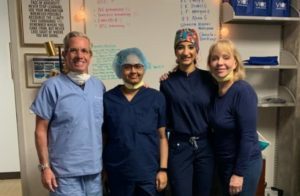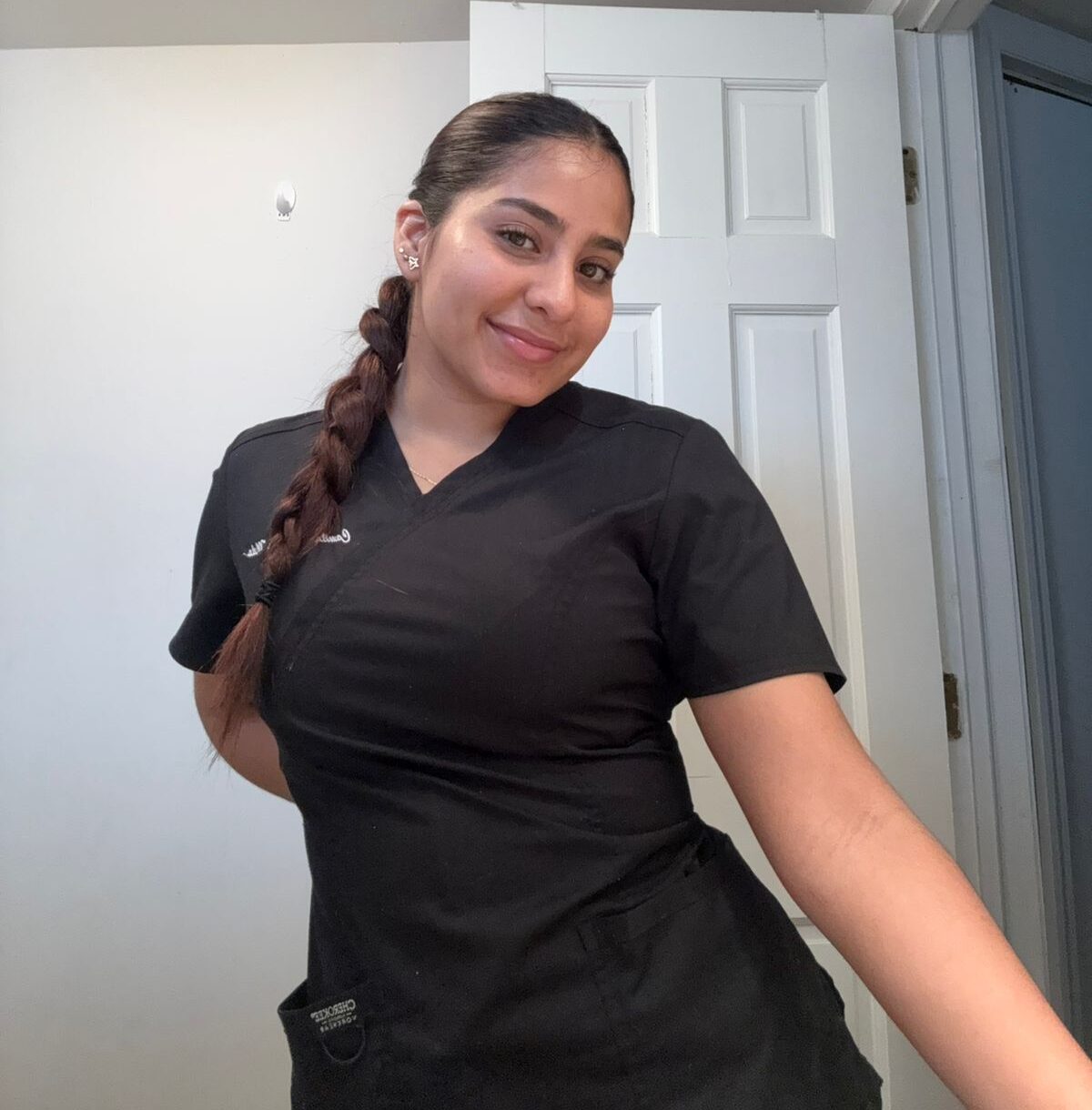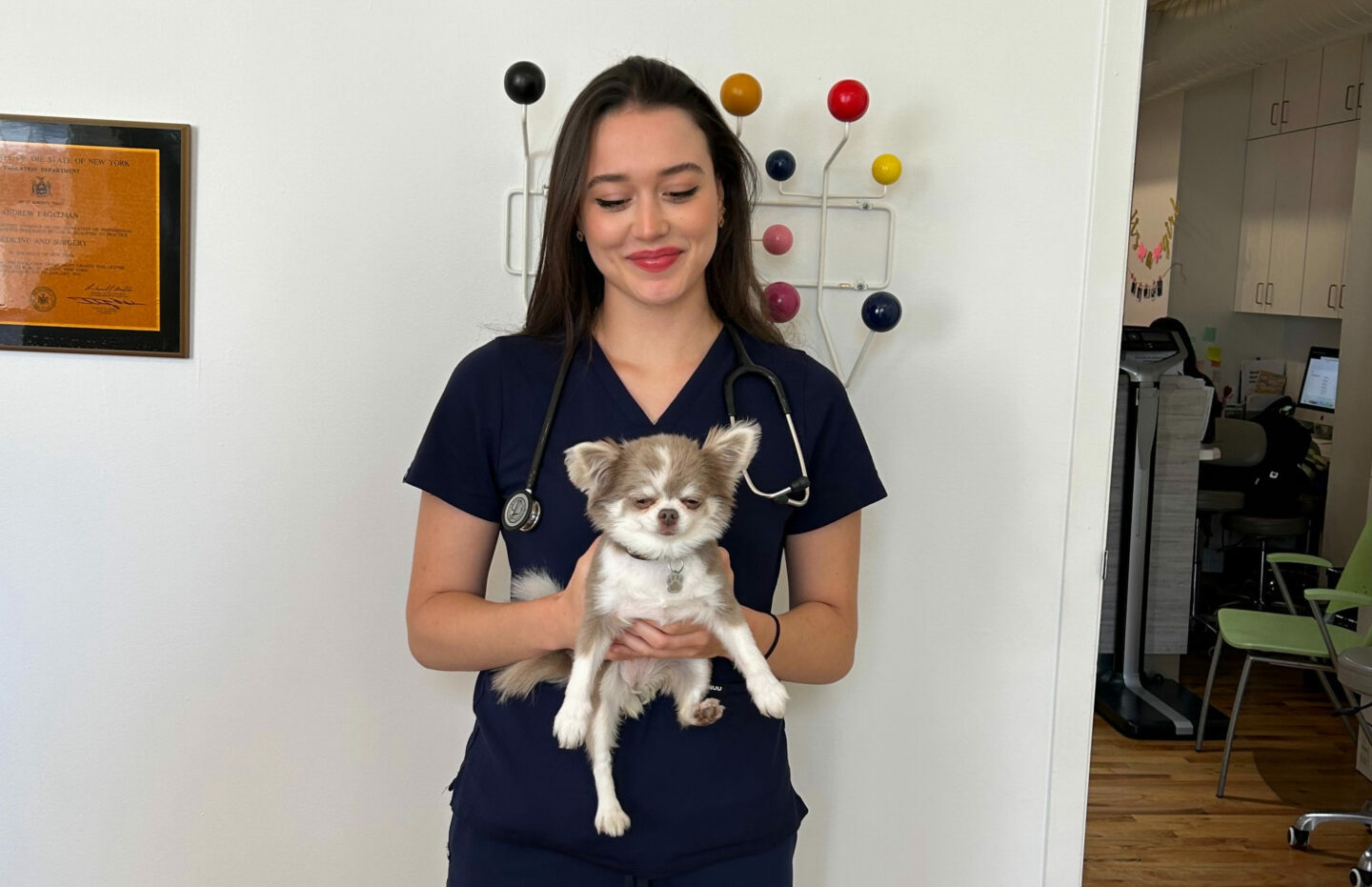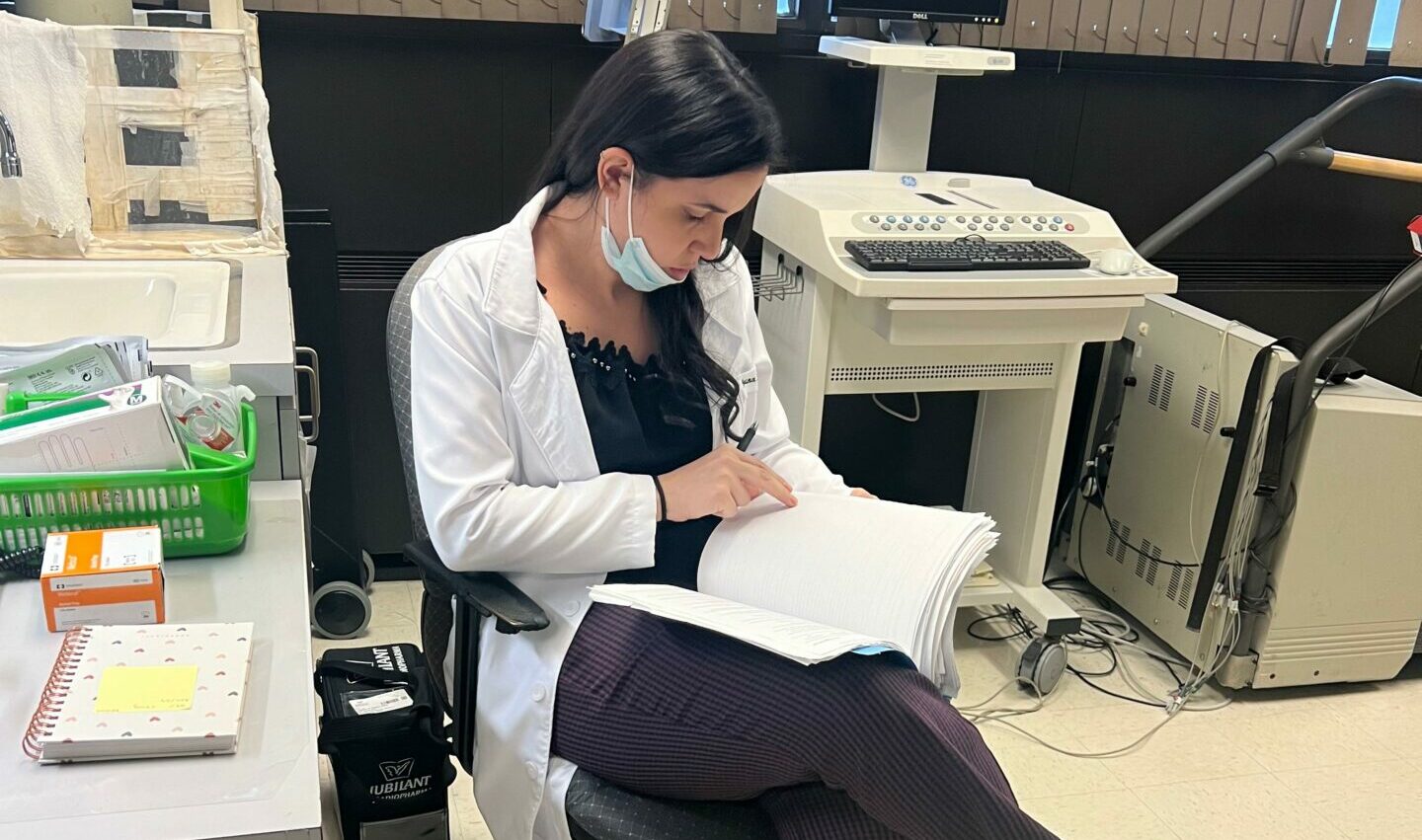While COVID-19 has been responsible for the cancelation of many events and life experiences, it has not put a pause on medical learning. During May, we had a number of medical trainees complete clinical experiences within the U.S. Many of these experiences contained aspects of telehealth. These remote alternatives to in-patient consultations and appointments are the future of healthcare as they prioritize patient and physician safety while providing convenience.
Shraddha, a medical student from India, participated in a Chicago-based Obstetrics and Gynecology clinical experience, which aspects of telehealth medicine. Her analysis of the experience was so in-depth that we have selected her as AMO’s May Photo and Blog Contest Winner! To find out what an in-person clinical experience with exposure to telehealth is like, read Shraddha’s winning entry below.
Taken with Telehealth
I had a great learning experience at Vios Fertility Institute in Chicago, Illinois. Each person I met during my experience was warm, polite, and helpful. I selected this experience to learn more about reproductive health and male infertility. I must say, COVID-19 hardly impacted my learning experience.
On the very first day, my precepting physician gave me the schedule for the rest of the week. I was given access to the web portal of Vios so that I could prepare for each day. This resource helped me to come ready with the knowledge of similar cases and related theory topics. Sometimes I would ask for additional material to study, and the staff always generously provided me with online sources. These included recorded lectures, videos, and written text.
I relied a lot on the Society for Assisted Reproductive Technology (SART). Their resource helped me to gain a better understanding of cases. When I entered case details into SART’s platform, the information it gave helped me to understand the history, diagnosis, and protocol of specific cases.
Because my experience contained aspects of telehealth medicine, I got the opportunity to shadow phone calls and zoom meetings between my precepting physician and patients. It was a great learning experience. I couldn’t believe the patients were so cooperative and allowed me to be present during their appointments. If I had trouble understanding the conversation and doubts about the consultation after the phone call or zoom meeting, my physician addressed them.
Online meetings with third parties, like medical coordinators, were also arranged. Such meetings gave me a better understanding of the roles that donors, gestational carriers, and surrogates play in reproductive medicine. My physician also connected me to a urologist to further my learning. The urologist was kind and considerate. He made an effort to provide me with additional reading material and discussed each case with me, answering all my questions. In addition to connecting with a urologist, I got to meet an andrologist. The andrologist explained how they prepare patients for procedures. She suggested some study materials, as well. When it came to connecting with both these professionals, we used Zoom. When we saw patients with this technology, it was no different than meeting the patient in person. The only downside was, we could complete physical examinations.
I consider myself very fortunate to have had a clinical rotation that was able to continue despite COVID-19. AMO coordinated everything so well. I got appropriate clinical exposure, learning about different cases of infertility and their related procedures. In just four weeks, I learned about egg retrievals, embryo transfers, hysteroscopies, and saline infusion sonographies. My telehealth clinical experience helped me understand medicine while simultaneously giving me time to read and ask questions.
Want to participate in a clinical experience that may contain aspects of telehealth medicine?







Leave A Comment